This book is a real joy ... Michael has laid it out clearly, succinctly and approachably. Its a wonderful mix of clear, practical guidance and sound scientific evidence. Read this book, follow and practise the guidance, and enjoy the fruits!
Rebecca Crane , Director, Centre for Mindfulness Research and Practice, Bangor University
Before I met Michael I thought I knew all there was to know about my thoughts. I was wrong.
Eight weeks on I knew a feeling of space and calm. The internal chatter of my mind was there but not so demanding or noisy. Instead, I was just enjoying a new sense of seeing the world as it is rather than as the setting for my own thoughts.
David Sillito , Media and Arts Correspondent, BBC
This book provides a highly accessible way for people to learn mindfulness, experience its potential to relieve suffering, and cultivate joy, compassion and wisdom.
Willem Kuyken , Professor of Clinical Psychology, Exeter University
Mindfulness in Eight Weeks is a clear, practical and wise companion as you embark on the journey of transformation outlined in the books programme. With its balance of scientific knowledge, detailed meditation instructions and tips on how to bring mindfulness into daily life, it is indeed a trustworthy and accessible manual as, step by step, you change your mind and change your life.
Vidyamala Burch , Author and co-founder of Breathworks CIC
A great book for both novices and those familiar with mindfulness practice I highly recommend it.
Mark Williams Co-Author of the bestselling Mindfulness: A practical guide to peace in a frantic world
The ideas and practices discussed here truly change lives.
Dr. John Teasdale Co-Author: Mindfulness-Based Cognitive Therapy for Depression
As we campaign in Parliament and in government to raise awareness of the benefits of mindfulness training more generally, I hope this new book will open many more eyes to the great benefits that are so readily available with mindfulness practice
Chris Ruane MP
Coming Home to Your Body
On this course you pay a lot of attention to your body. Thats because the body plays such an enormous part in your life. Even very slight changes to it can have a significant impact on how you feel and how you think.
In a famous study conducted in 1988, participants were told to hold a pencil between their teeth while rating the degree of humour in cartoons. One group were instructed to hold the pencil length-ways between their teeth in a way that forced their mouths to mimic a smile. The others were instructed to hold it between their lips without touching the pencil with their teeth. That forced their facial muscles to contract, resulting in a frown. The authors of the study hypothesised that participants who were led to smile would judge the cartoons as funnier than participants who were led to frown which is exactly what happened.
What happens in your body affects what goes on in your mind and the good news is that if you change your relationship to your body you can make really beneficial changes to your life.
These days many of us spend so much time in our heads that we can forget that we have a body at all. All of our attention can become focused on thinking, planning, analysing, remembering, comparing and brooding. That excessive focus can, in time, undermine our well-being and its not getting any easier. As the digital world becomes ever more sophisticated, alluring and demanding of our attention, more and more of our lives are lived virtually and we can go about our lives as if we were digital clouds on sticks rather than fully embodied human beings.
On top of all this, some of us dont like our bodies very much. The media all around us present us with images of unattainable bodily perfection and we may come to think were not thin enough, strong enough, young, tall or attractive enough.
And somewhere in the back of our minds we all know that one day our bodies will let us down dramatically because bodies dont last forever.
The result is that often we dont treat our bodies with very much kindness. We may become slightly estranged from them, ignoring the messages they send us. That can give rise to a deep dislocation, right at the heart of our being, because, if the mind and the body are one organism, then to ignore the body is to ignore a huge part of ourselves.
Some of the emotionally charged thoughts that cause distress have their first faint stirrings in the body. On this course, youll learn to read these more quickly and accurately, bringing a quality of gentle and friendly curiosity to what you find in the body from moment to moment. In that way youll learn to come home to your body and re-establish an old connection that modern life so easily disrupts. Youll learn to read your body more accurately and that can tell you a lot about whats going on with yourself, others and the world around you.
Mindful Stretching
In the first two weeks of the course you meditated lying down with the body scan and you did a sitting meditation in the mindfulness of breathing meditation. Now were going to practise mindfulness in movement, bringing that same quality of present-moment attention to the sensations in your body when you stretch it.
There are a number of immediate health and well-being benefits that come from stretching. Many of us spend so much of our time sitting still, and this can have really adverse health consequences. In fact, a study published in 2012 found that the longer you spend sitting down every day, the higher your risk of dying prematurely, even if you engage in regular daily exercise. So with mindful stretching you begin a process of bringing mindfulness into movement.
Working the Edge
For many of us, these stretches will begin to take us to the edge of our comfort zone and thats no bad thing. This isnt because in some kind of punitive way mindfulness teachers think that if it doesnt hurt it isnt doing you good. Quite the opposite. The idea here is to begin a mindful and therefore gentle and kindly exploration of the edges of that comfort zone, because its at that edge that really fruitful experiences can take place.
Much of the time, we arrange our lives physically, mentally and emotionally so that we stay within a familiar zone of comfort. The foods we eat, the places we go, the thoughts we allow, the people we associate with, the way we dress, the movements we make: all of these settle in time into a pattern of comfortable familiarity. The known, the familiar even if its often a painful place to be, at least its ours.
 Box 1: The Old Lady and the Fish Basket
Box 1: The Old Lady and the Fish Basket
There was once an old lady who lived by the shore.
She made her living by buying fish from the fishermen there and carrying them to the town several miles from the coast where she set out her stall in the local market, selling fresh fish from her basket. She had good friends at the market, especially the flower seller who had the stall next to hers, and these two old friends would laugh and gossip together all day.
Life was good. There was only one problem the bandits. The road between the coast and the market town was notoriously bandit infested and anyone coming home in the dark, especially an old lady who had earned several coins selling fish in the market, was easy prey for them.
For that reason, the fish seller made sure always to leave the market before dusk so she could get home to her safe hut by the shore before it grew dark. The road was safe in the daytime. There were too many people about for the bandits to operate.
One day, though, she got so absorbed in her conversation with her friend, they were having such a good time together, that she quite forgot the time and suddenly she looked up. It was growing dark.
Next page
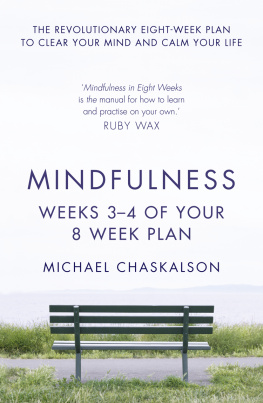
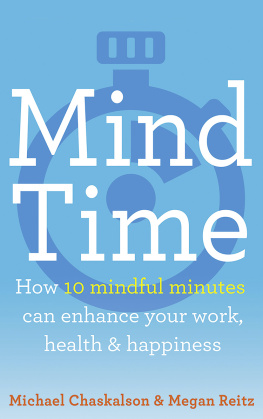
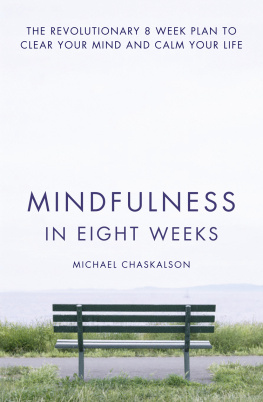
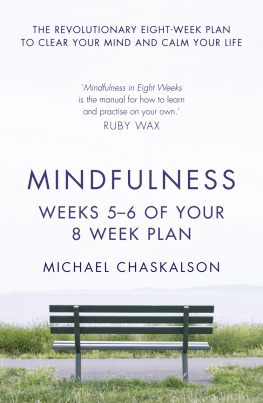
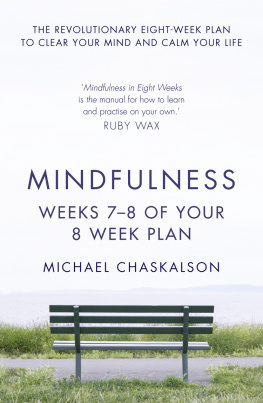
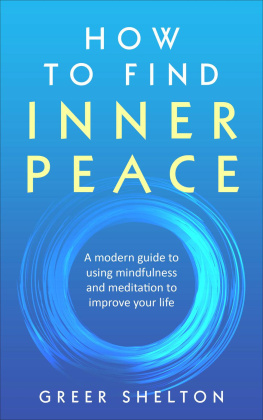
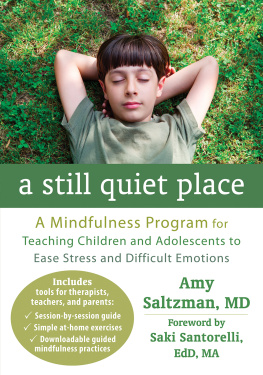
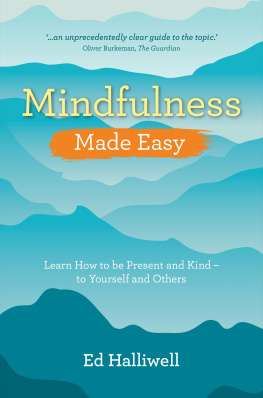


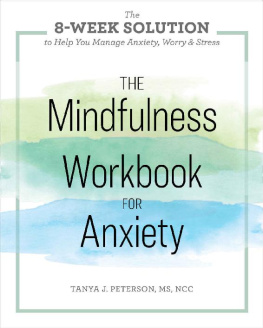
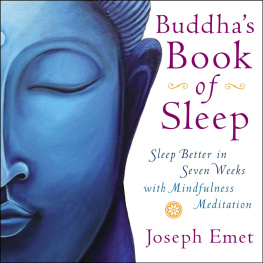
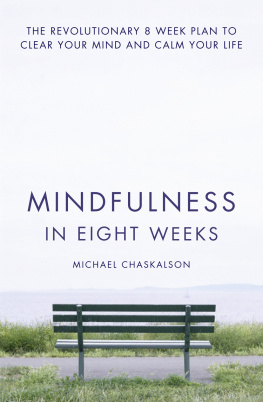
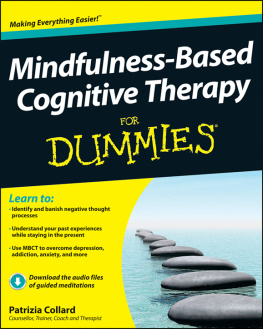
 Box 1: The Old Lady and the Fish Basket
Box 1: The Old Lady and the Fish Basket